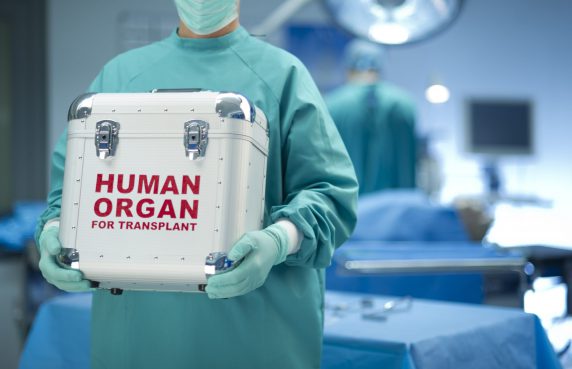GPs are among growing number of altruistic kidney donors


Don’t be surprised to see someone in your surgery who wants to donate a kidney, but doesn’t have a specific recipient in mind.
Since non-directed, or altruistic, kidney donation was made possible in 2006, over 630 people in the UK have donated a kidney to someone they have never met.
The number of beneficiaries is still greater, because these donations are particularly helpful in triggering chains so that two or more patients end up receiving kidneys.
To the surprise of those who set up the scheme, this group of donors is making a significant impact on the waiting list.
Donors have come from all backgrounds, including some GPs
There was initially some concern in transplant circles that such donors might have a high incidence of mental health issues, but the opposite has proved to be the case.
Donors have come from all backgrounds, with many medical staff, including some GPs, along with teachers, architects, gardeners, journalists and even accountants among them.
There are of course some risks associated with donation, but they are less of a concern than most people think, and the vast majority of donors recover fully without complications and return to normal life.
They are nearly all very glad to have had the opportunity to donate. When one younger donor was asked whether she would have donated again her reply was instant. ‘In a heartbeat,’ she said.
Transplant co-ordinators are aware of this option and people can self-refer to any unit. Give A Kidney is a charity with a useful website that gives information about the procedure and contact details for the transplant centres, as well as being able to answer some of the queries from prospective donors.
Dr Paul van den Bosch is a GP in Surrey and trustee of Give a Kidney. You can read about his own experience of donating a kidney altruistically on the Give a Kidney website.
Visit Pulse Reference for details on 140 symptoms, including easily searchable symptoms and categories, offering you a free platform to check symptoms and receive potential diagnoses during consultations.









